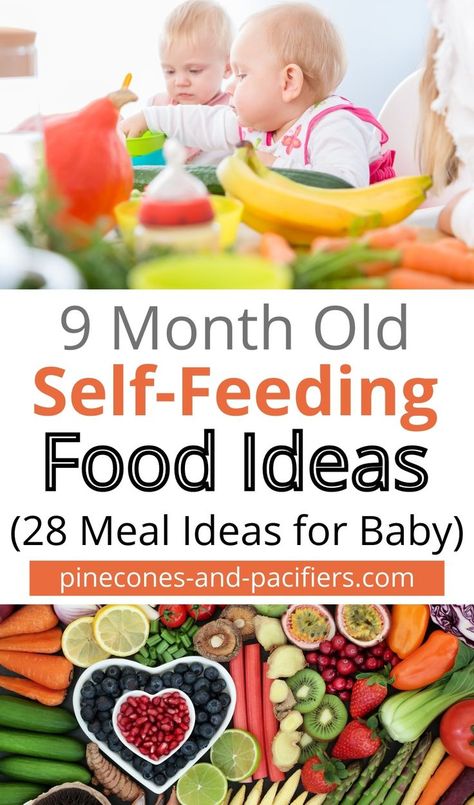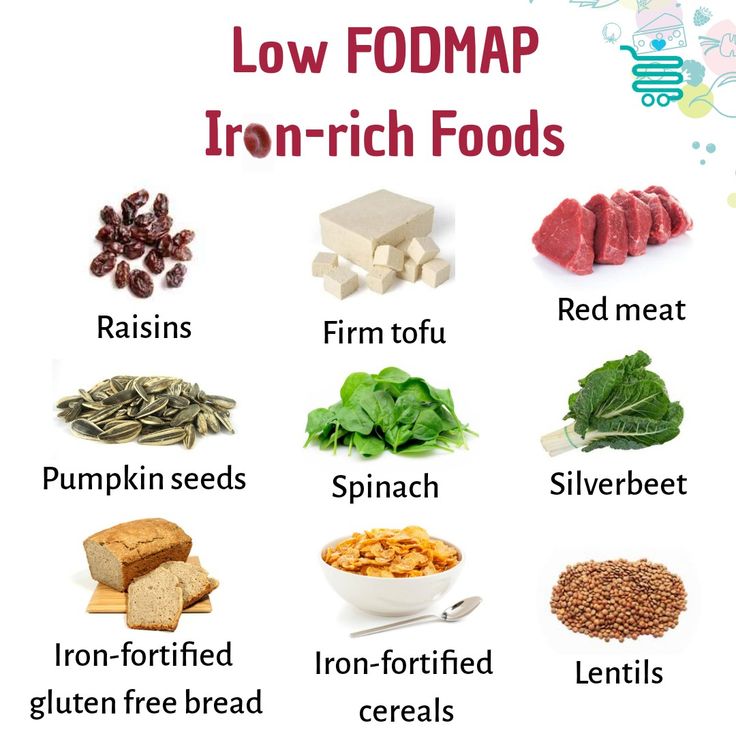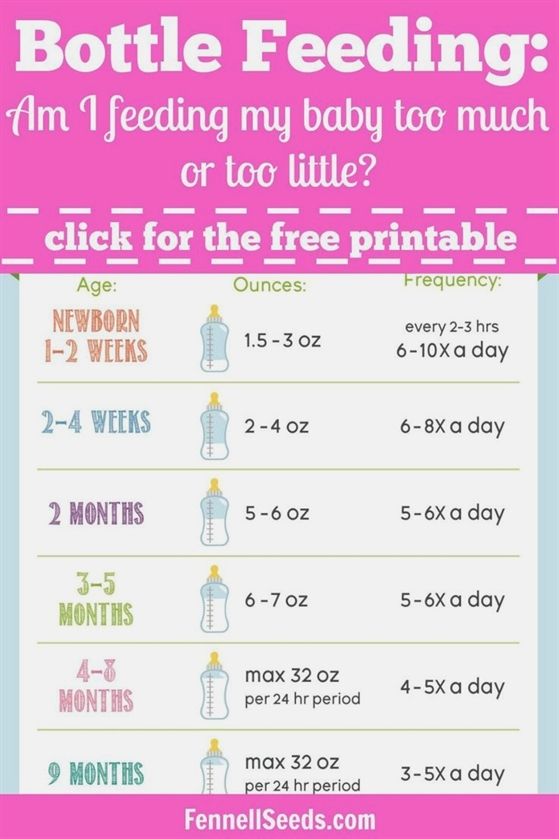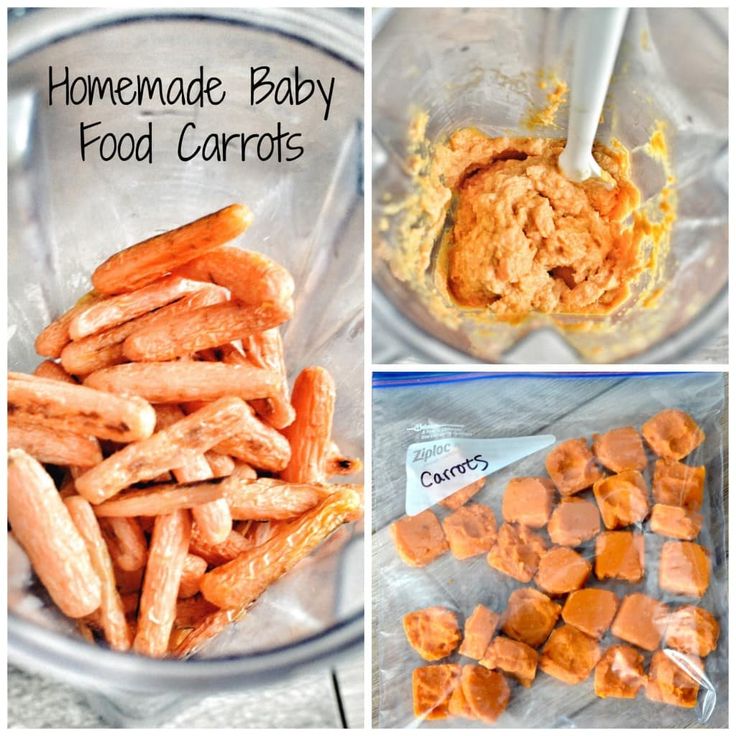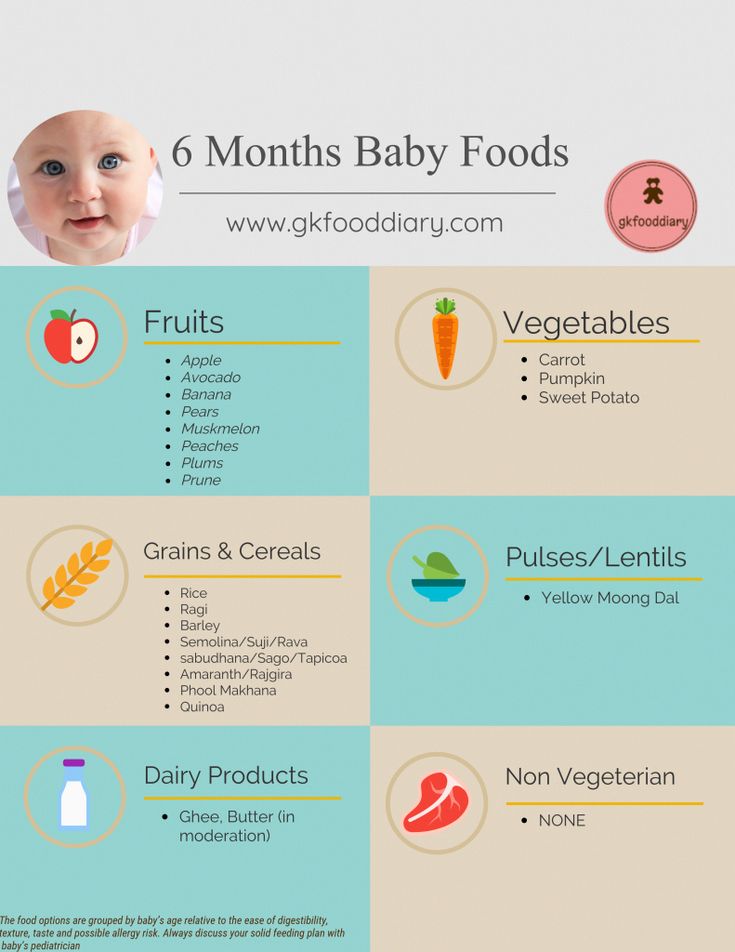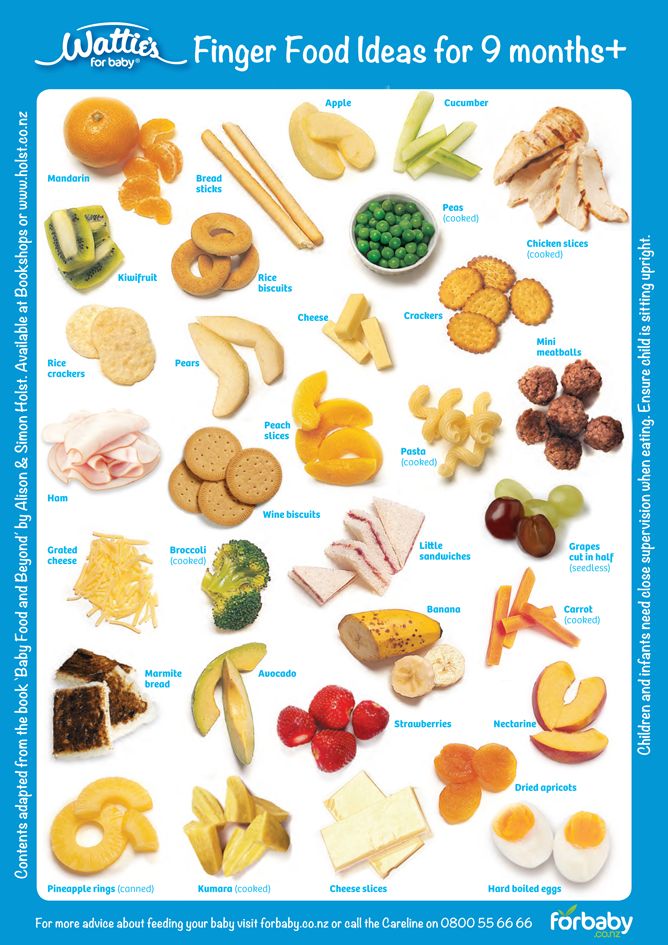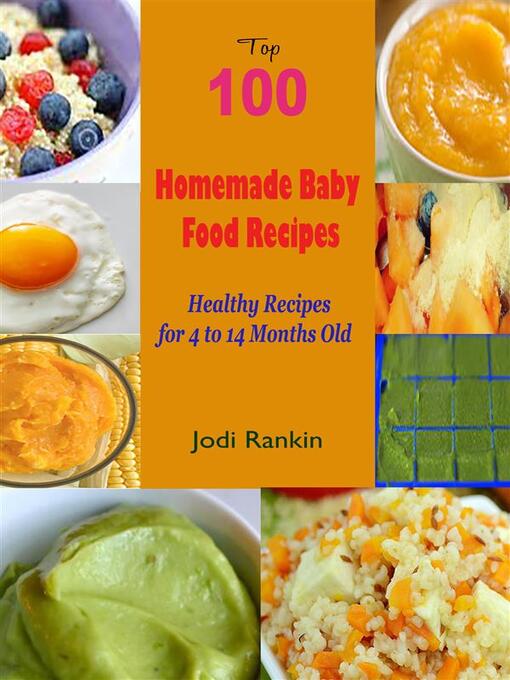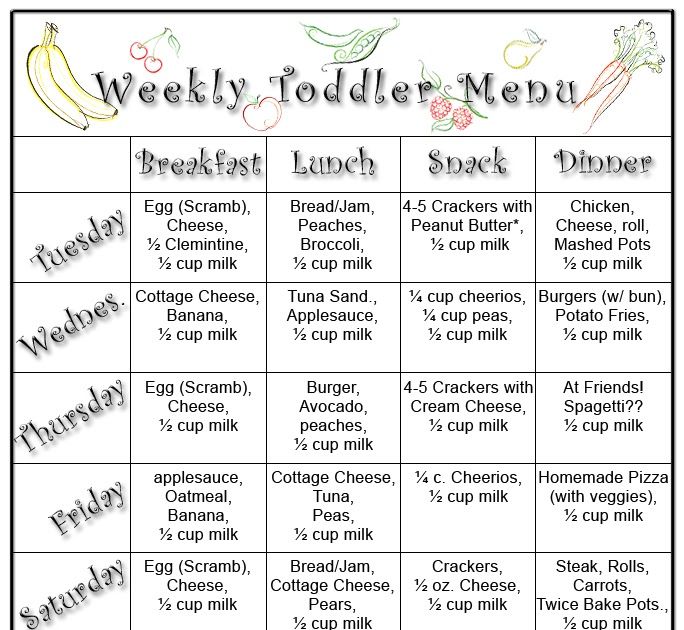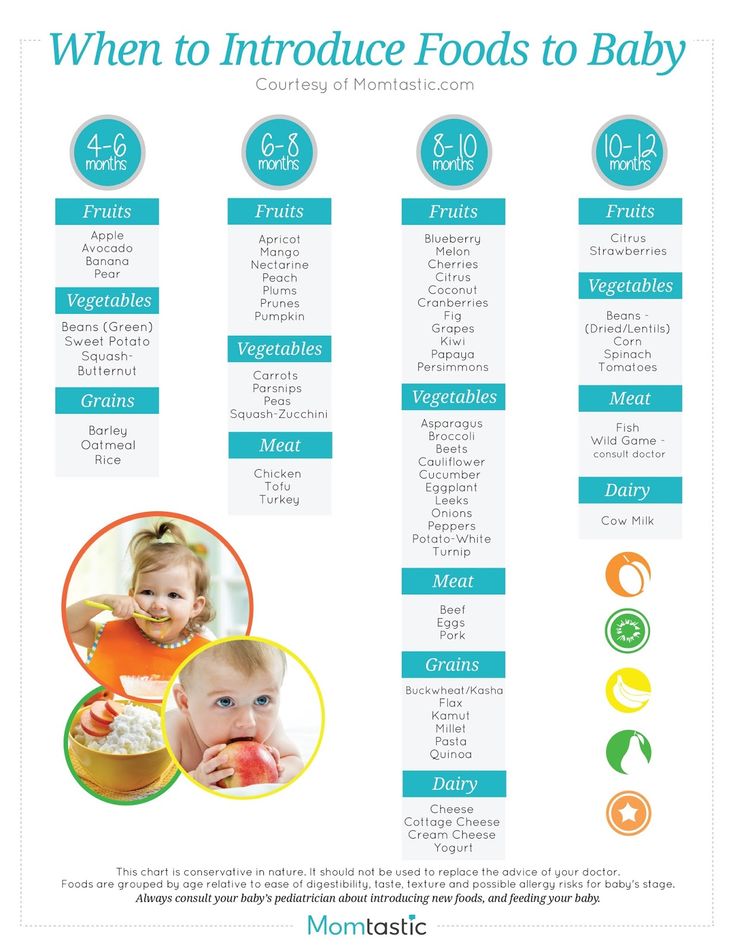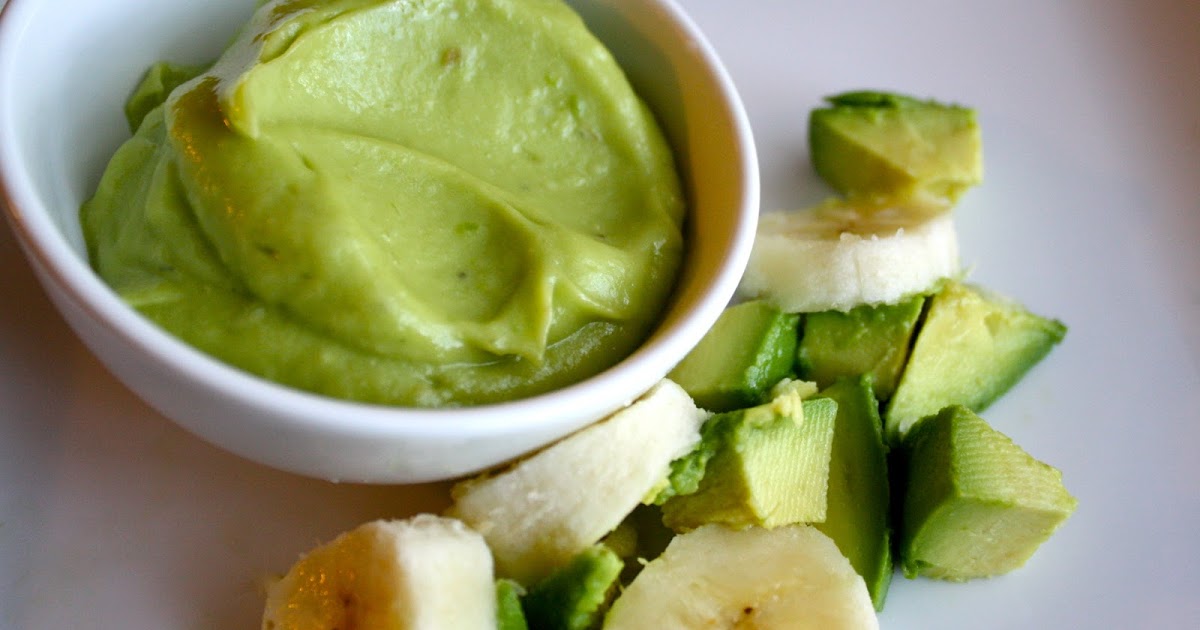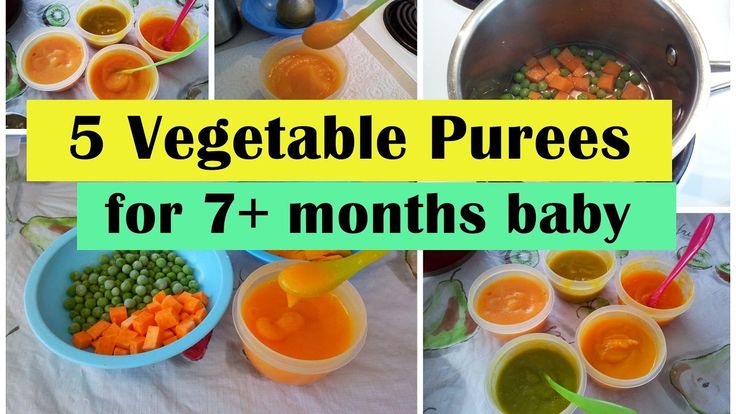Snack feeding baby
How to Stop Baby from Snacking on the Breast
Does your newborn need to eat more at each feeding? Learn how to stop baby from snacking on the breast and take a full feeding.
You baby seems to be a “snacker.”
She’ll eat for five minutes at a time, but falls asleep at the breast or dribbles milk as she sucks. She seems to want to breastfeed all day instead of every few hours. With all this snacking, you’re worried she’s never full, and that you’re encouraging bad habits of frequent feedings and short sleep.
These frequent feedings also make it really difficult for you to have any sort of life apart from breastfeeding. And of course, nights are difficult when she wakes up every hour at night to eat—for a mere five minutes, of course—before going back to sleep.
How can you get her to eat more when she refuses to do so for very long?
How to stop your baby from snacking on the breast
If you’re in the newborn stage, here’s the first thing I’ll say: snacking on the breast is pretty common.
This is why we hear about feeding on demand, especially since breastmilk digests quickly and newborns have small stomachs. And if you think about it, your baby had a constant flow of nutrients when she was in the womb not too long ago.
If you’re worried she isn’t gaining enough weight, a check-up with the pediatrician can ease your mind. And more than likely, you’ll be able to lengthen her feeding sessions and stretch her sleep the older she gets.
All that said, is there anything you can do to encourage her to eat more at each feeding session, especially over time?
To start, check with your pediatrician and lactation consultant for professional advice. They’ll know your situation best and can customize a plan that works for you. Then, take a look at these tips to gradually stretch her feedings throughout the day and at night:
1. Keep your baby awake during feedings
I thought I found the best secret when I realized that feedings often left my baby fast asleep soon after.![]() “Now I know how to always make him fall asleep!” I said triumphantly.
“Now I know how to always make him fall asleep!” I said triumphantly.
Except this method had its drawbacks, from creating unsustainable sleep habits to being a human pacifier. And of course, falling asleep usually meant short and frequent feeding sessions.
Instead, try to keep your baby awake during feedings. That way, you’re certain that she’s actually eating and that she eats as long as possible. Stroke her cheek, burp her and switch sides, even change her diaper.
If she still falls asleep, gently wake her up and latch once again to see if she’s willing to keep feeding.
Free download: Do you struggle with getting her to sleep? Her awake time just might be affecting how well she sleeps. Join my newsletter and get One Mistake You’re Making with Your Baby’s Awake Time and discover one mistake you may be making with her awake time.
Don’t make the same mistakes I did—help her fall asleep with this one simple trick! Download it below:
2.
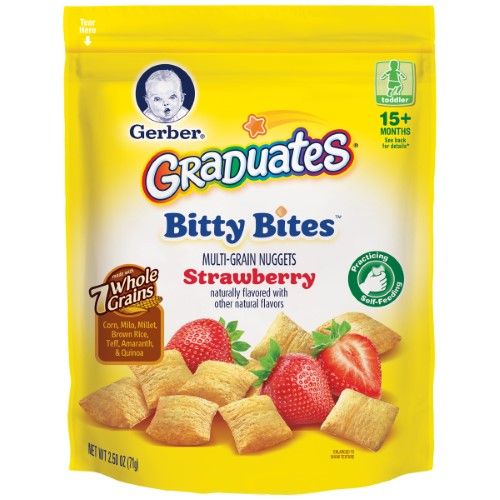 Feed your baby after wake-up time
Feed your baby after wake-up timePart of the reason your baby snoozes so easily from nursing is that the sucking motion lulls her to sleep. She loves being close to you and might rely on you as a simple way to fall asleep.
But another reason could be her schedule, especially if you feed her right before nap time. She’s already so sleepy by then that feedings could be cut short because she’d rather fall asleep.
Instead, try feeding her after she wakes up, not to fall asleep. For instance, the first feeding can happen after she wakes up for the day. Keep her awake for play time, then, as nap time draws near, encourage her to fall asleep without needing a feed.
Feed her after she wakes up from the nap, and repeat the cycle with play time and another nap. By feeding her after waking up, you run less of a risk that she’ll fall asleep mid-feed.
Here’s how to get your baby to adjust to life outside the womb using a newborn schedule.
3.
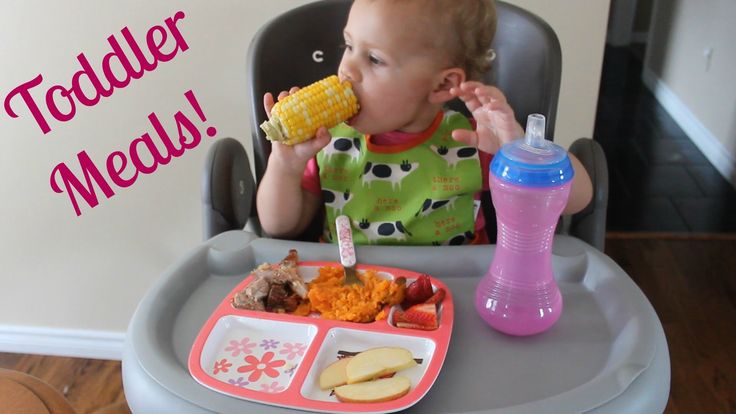 Entertain your baby
Entertain your babyWant to stretch your baby’s wake time between feedings? See what happens if you find more ways to keep her entertained. There’s a chance that she could be eating frequently simply because of boredom.
Now, if you suspect she’s hungry, then of course you should feed her. After all, at this stage, we want to feed on demand, not on our schedule. But sometimes you can delay her fussiness (and your inclination to feed as a way to soothe that fussiness) by entertaining her instead.
Make a list of her favorite activities, from lying on the play mat to being carried around the house. Make faces at her or play peek-a-boo. Lay her under the mobile or read her a book. You may be able to stretch that wake time long enough and, in doing so, her next feeding session as well.
Get ideas on how to entertain a baby.
4. Offer a pacifier
Does it seem like she nurses as a way to pacify herself? Check with her pediatrician or your lactation consultant about offering a pacifier.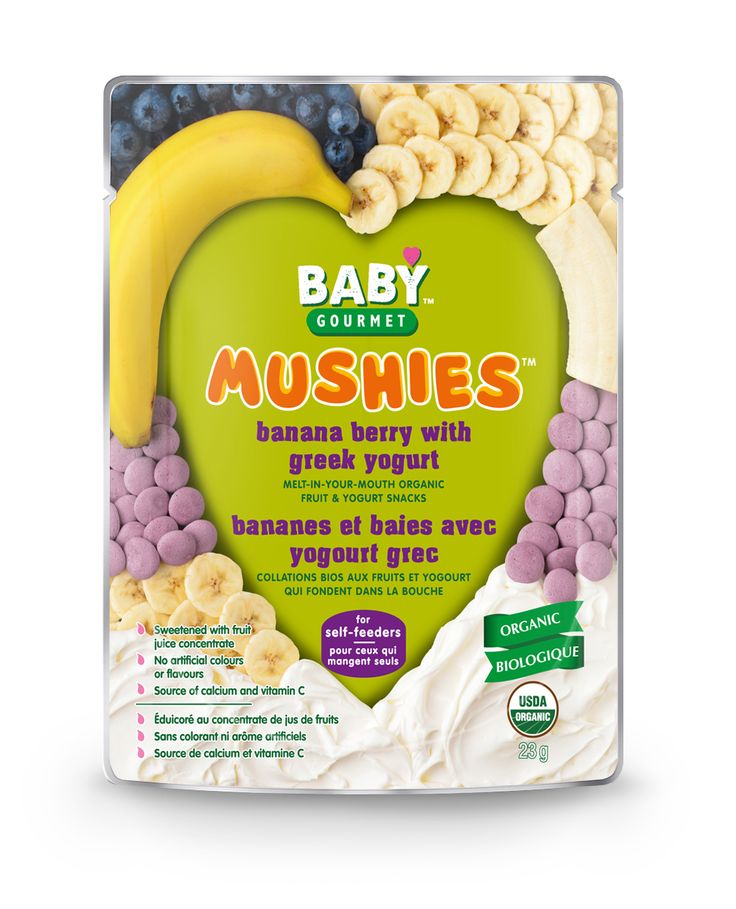
You might be able to break the habit of frequent feedings by offering a pacifier instead, especially when it feels like she just ate not too long ago. She might be needing a way to soothe and suck, which a pacifier can help with.
5. Don’t compare your baby to others
The worst feeling is hearing about other babies the same age as yours (or even younger) who are already eating and feeding in longer hour stretches. You assume that you’re doing something wrong, or that you’re setting yourselves up for sleepless nights.
Remember that all babies truly are different. Just as some toddlers, kids, and adults have small appetites or snack frequently, so too do babies. And your baby might take longer to find her rhythm, which you should respect and cater to at this stage.
And if you’re worried you’ll never sleep, you always have the option to sleep train down the line when she’s older and with your pediatrician’s recommendation. Bear with the frequent feedings and short bursts of sleep for now, knowing it’s only temporary.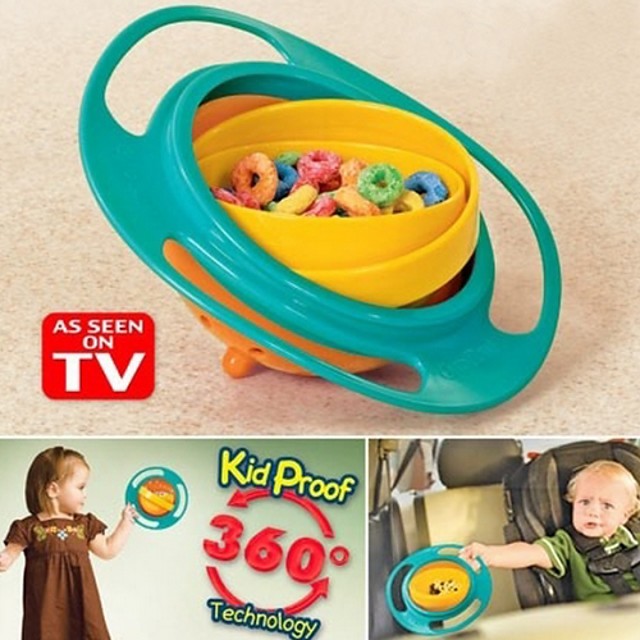
Conclusion
There’s no doubt about it: snack feeding at night or throughout the day is not easy on any mom. You want to make sure your baby takes a full feeding, yet she seems to want to breastfeed constantly. Even when she does, she falls asleep within minutes. How can you get her to eat more at each feeding?
Make sure she’s actually awake during feedings, as this makes her more likely to eat than to simply suck. Feed her after she wakes up, instead of to fall asleep, so that she’s less sleepy when she eats. Stretch her wake time by keeping her entertained, especially if you suspect she’s fussy out of boredom.
Offer a pacifier as an alternative to using you to soothe herself. And finally, stop comparing her to other babies whom you already hear are feeding in long stretches. Every baby develops differently, and you can always teach her to self soothe when she’s out of the newborn stage.
Hang in there, mama! You and your little “snacker” will be out of the woods soon.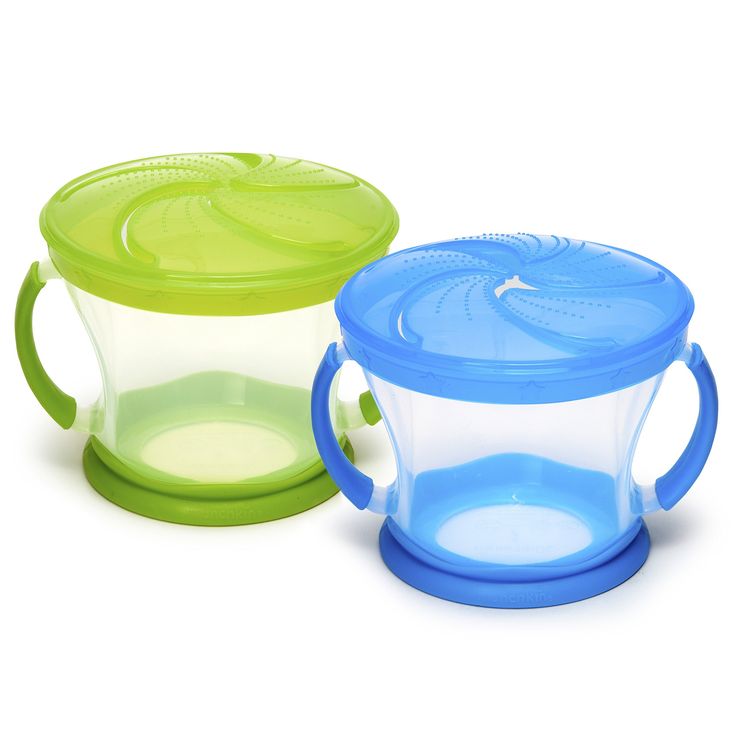
Get more tips:
- 4 Reasons Your Baby Never Seems Satisfied After Breastfeeding
- How to Survive the First Weeks with a Newborn and Toddler
- Why Dads Should Wake Up for Night Feeds
- When Does Breastfeeding Finally Stop Hurting?
- Burping a Newborn After Breastfeeding: Necessary or Not?
Don’t forget: Join my newsletter and get One Mistake You’re Making with Your Baby’s Awake Time—at no cost to you:
Is your newborn feeding every hour and not sleeping?
Posted on . Last updated .
If your newborn is never able to go 2 to 3 hours between feedings, your baby may be snacking all day instead of getting full feedings. Let’s talk about newborns and full feedings.
As a new mom, I thought “feed on demand” meant that I was supposed to feed Ella anytime she cried, no matter the reason.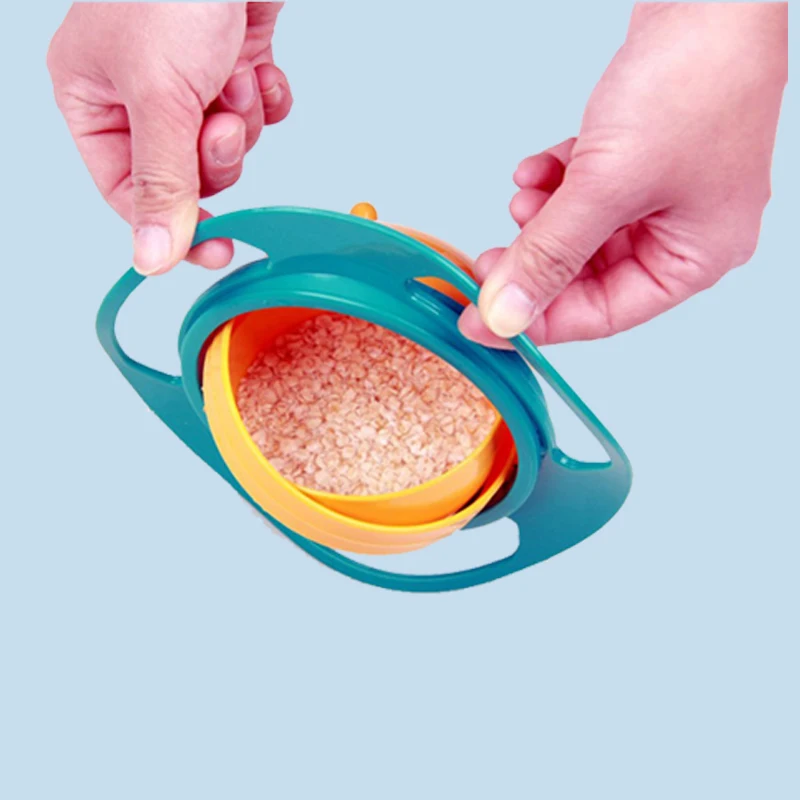 At every whimper, I’d offer a feeding - she would pop on, nurse a bit, and pop off. I didn’t realize that she was snacking instead of getting a full feeding.
At every whimper, I’d offer a feeding - she would pop on, nurse a bit, and pop off. I didn’t realize that she was snacking instead of getting a full feeding.
In those early days, I didn’t know how to read my newborn’s sleepy cues and so I interpreted every cue as hunger. I didn’t have the tools to help her when she was tired. This was actually leading to poor feedings and a whole lot of snacking. She was feeding every hour and not sleeping.
Feeding and sleep are so interrelated, which is why I’m so glad to have lactation consultants and counselors on my team. I asked Blakely, an IBCLC on the Taking Cara Babies team, to talk about some of the most common questions surrounding snacking, full feedings, and sleep. I’d love for you to hear from Blakely before we dive into all of the details.
Why are full feedings so important for babies (and parents)?#
1.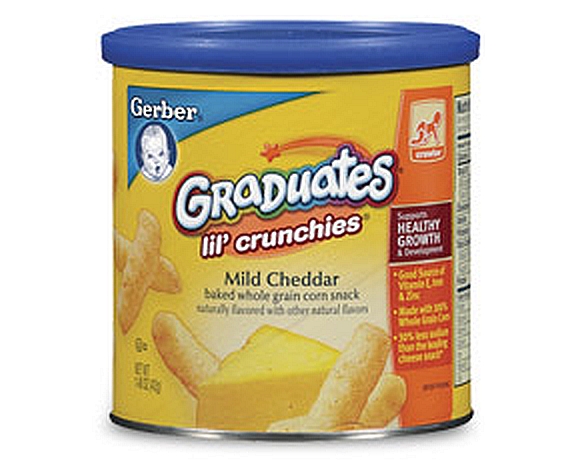 Full feedings lead to a baby who is content between feedings.
Full feedings lead to a baby who is content between feedings.
2. Full feedings allow for parents and babies to enjoy active awake time.
3. Full feedings help us respond to hunger needs appropriately instead of assuming every cry is a hunger cry.
4. Full feedings allow for adequate daytime calories which allows for more consolidated sleep at night. Let me show you this example:
5. When nursing, full feedings help babies get the perfect balance of protein and fat that is vital for growth and development.
For breastfeeding Moms, those first few weeks are establishing your milk supply. Full feedings can help with this because the more milk that is removed, the more milk your body produces.
Is snacking the same as cluster feeding?#
Snacking and cluster feeding are different. There can be times during the day when your baby feeds closer together. This is generally in the late afternoon or evening and is often called cluster feeding.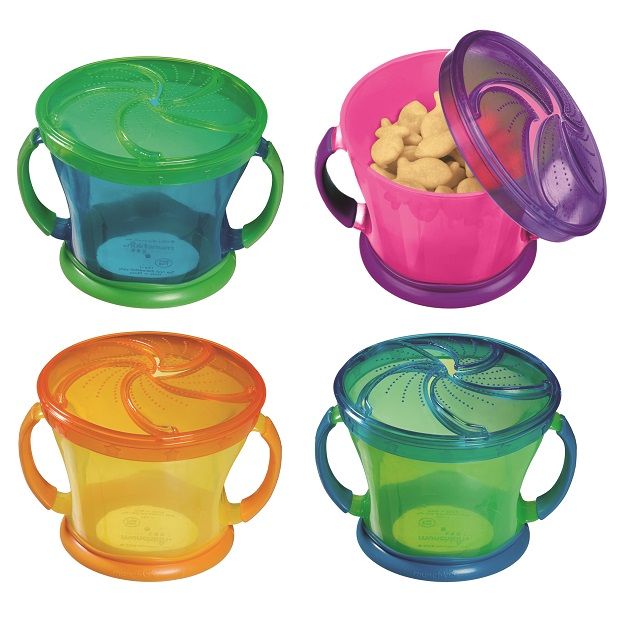 This can be normal for both nursing and bottle fed babies. The difference between cluster feeding and snacking is that snacking is happening all day, whereas cluster feeding happens closer together for a portion of the day.
This can be normal for both nursing and bottle fed babies. The difference between cluster feeding and snacking is that snacking is happening all day, whereas cluster feeding happens closer together for a portion of the day.
How do I help my newborn stop eating every hour and prevent constant snacking?#
1. Know what hunger cues look like.
2. Help your baby stay awake while feeding. Wondering how? Keep reading!
3. Try waiting 15-30 minutes before feeding. She often won’t be hungry enough to eat well if she just ate 45-60 minutes ago.
4. If you’re bottle feeding and struggling to get more than an ounce or two, consider going up a nipple size.
Should I put my newborn on a feeding schedule?#
No, you shouldn’t. Research shows that it’s important to follow hunger cues instead of a rigid clock schedule. It’s vital that we feed our hungry baby.
How do I keep my baby awake during feedings?#
1. Undress your baby and get her skin-to-skin with you. Skin-to-skin contact encourages sucking and helps keep your baby awake while feeding. This is great for both breast and bottle-fed babies.
Undress your baby and get her skin-to-skin with you. Skin-to-skin contact encourages sucking and helps keep your baby awake while feeding. This is great for both breast and bottle-fed babies.
2. Take a quick break and lay him down in the middle of the floor. Sometimes just being away from your warm body will wake him up a bit.
3. Try rubbing a damp cloth on her face and chest.
4. Do a diaper change before a feeding and again half-way through the feeding.
5. Ensure that your baby has a proper latch.
How much should my newborn be eating in 24 hours?#
I know that so many parents want a number, but the answer is truly different for each baby.
Some questions to ask yourself if you’re concerned that your baby is not getting enough are:
Is your baby content between feedings?
Is your baby gaining weight and staying on his growth curve?
Is your baby able to go 2-3 hours between feedings?
Talk with your pediatrician if you have any concerns.
How do I know if my newborn is full?#
When your newborn is taking full feedings, it can be easier to know if they are truly full after a feeding. Here are some cues that we see when a newborn is full:
Her hands are relaxed and open instead of curled into fists.
If you lift up his arm, it drops heavily instead of your newborn pulling it back towards his body.
Your baby is content at the end of a feeding and able to go 2-3 hours before the next feeding.
Please know that you might not see all of these each time.
How do I set up a routine with my newborn?#
My First Five Months Bundle will help you do just that: set up a flexible routine that is responsive to your baby's cues. I'll walk you through setting your days and nights up for success as you lay a healthy sleep foundation with no crying involved. Let me show you how to meet your baby right where he or she is developmentally and love the newborn stage.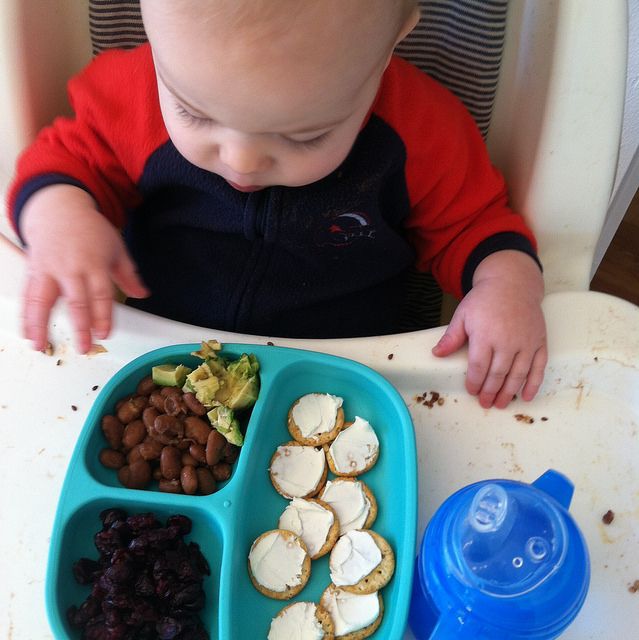
Be sure to give yourself and your baby grace! You and your baby are both learning together. If your baby is simply not satisfied between feedings and can never go longer than two hours between feedings, please work closely with your lactation consultant and pediatrician. They are your best resource in navigating feeding struggles. My classes are designed to help you learn how to balance those feedings and sleepy cues to help your family thrive and enjoy the newborn stage.
Cara Dumaplin
I’m a mom of four, neonatal nurse, wife of a pediatrician, and a certified pediatric sleep consultant. My passion is teaching parents how to help their babies sleep with the expertise of a nurse and the heart of a mama so they can reclaim the joy of parenthood.
What foods should not be given to a child under one year old - an article from the "Correct Approach" section on Food.ru
Before full-fledged complementary foods - only milk
In the first six months of a baby's life, parents, as a rule, do not have questions about what to feed him.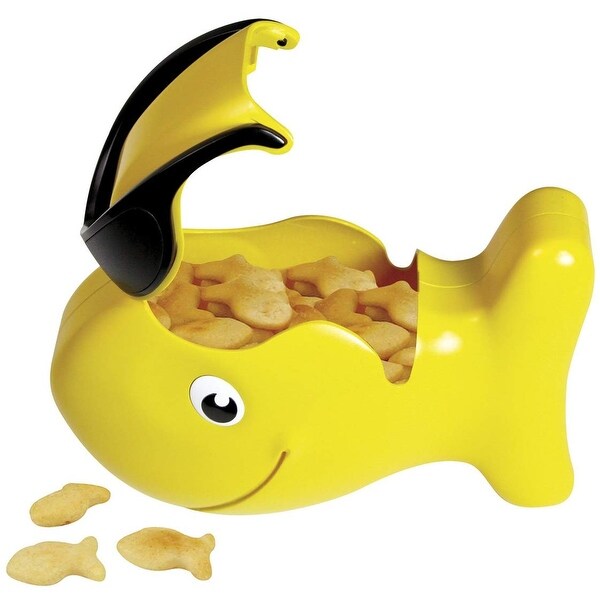 If 30-40 years ago, children were given apple juice and yolk from the age of three months, today experts have come to the conclusion that in the first year of life, the child’s gastrointestinal tract is still being formed, and therefore breast milk is the only optimal food. Or special mixtures if breastfeeding is not possible for any reason. nine0005
If 30-40 years ago, children were given apple juice and yolk from the age of three months, today experts have come to the conclusion that in the first year of life, the child’s gastrointestinal tract is still being formed, and therefore breast milk is the only optimal food. Or special mixtures if breastfeeding is not possible for any reason. nine0005
With the start of complementary foods, around 4-6 months, vegetables, fruits, cereals, and then sour-milk products, meat, and fish appear in the baby's menu. And if parents prefer food, then there are many other products, because the baby can grab everything from the adult’s plate that it will show food interest.
It is worth remembering that complementary foods up to a year in no way replace feeding as such. Complementary foods are just an introduction to the world of adult food. Its task is the gradual adaptation of the digestive tract to food other than breast milk. In the child's body, an insufficient amount of enzymes is still produced to digest dishes from the general table.![]() nine0005
nine0005
On the one hand, now pediatric gastroenterologists insist that from the beginning of the introduction of complementary foods, a child can be introduced to all vegetables and fruits, and not just those that are typical for the region of residence. They cite numerous studies that have confirmed that introducing micro-portions of allergy-provoking foods (peanuts, shrimp, oranges) into the diet works like an inoculation against an undesirable reaction. However, this can be done if the history of the child and his relatives does not have pronounced allergic reactions, and only after consulting a specialist. nine0005
On the other hand, gastroenterologists name a number of products that have no place on the children's table until the child is one year old. Their use can lead to a number of negative consequences from indigestion to the development of diseases of the digestive and endocrine systems.
Products that should not be on the children's menu under the age of one
-
Salt
If you carefully study the composition of baby food jars, you will find that there is no salt. Because it is not found in its pure form in products and is rather an easy way to make it taste richer. But a small child is just getting acquainted with the world of tastes, and salt will only spoil the whole picture. nine0005
Because it is not found in its pure form in products and is rather an easy way to make it taste richer. But a small child is just getting acquainted with the world of tastes, and salt will only spoil the whole picture. nine0005
Salt puts a strain on the kidneys and the urinary system as a whole, which is undesirable for the body of a small person. Excess salt in meals can cause swelling and even dehydration in the baby. So salting food for children under one year is not worth it.
-
Sugar
Nature decreed that the taste buds on the tongue are mostly tuned to recognize the sweet taste. Breast milk is also sweet - it's an evolutionary survival mechanism. nine0005
However, there are enough sugars in fruits and even in some vegetables, and therefore it is not worth sweetening dishes in the hope that the child will eat them.
Pasta with sugar, carrot and apple salad with sugar - all these are relics of the Soviet past. The taste of food is good in itself, and sugar makes the child's fragile pancreas work hard to cope with the processing of glucose.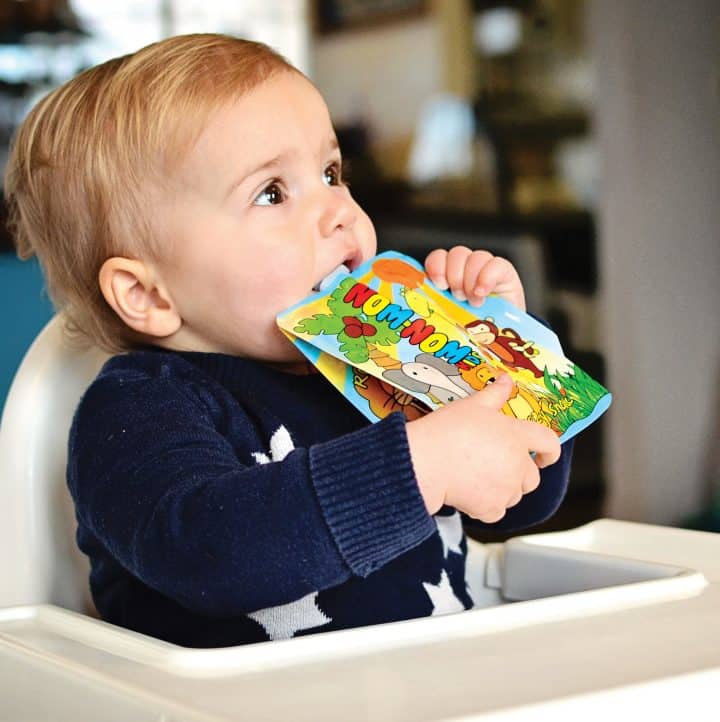 This can lead to a malfunction of the endocrine system.
This can lead to a malfunction of the endocrine system.
-
Cow's milk
Mother's breast milk adapts to the needs of the baby, becomes more nutritious as the baby grows, is easily digested, because the baby's digestive tract is tuned specifically for it.
Cow's milk contains a protein that can cause not only stomach upset, but also lactase deficiency and food intolerance.
-
Honey
Adults often replace sugar with it, because honey is much healthier. And indeed it is. However, treats are considered one of the strongest allergens, and even if the child does not have a predisposition to food allergies, it is not worth the risk. nine0005
In addition, honey, if real, often contains spores of the bacterium Clostridium botulinum. The immune system of an adult can easily cope with this scourge, but the body of a child is not. As a result, even a spoonful of honey can lead to the development of a dangerous disease - botulism.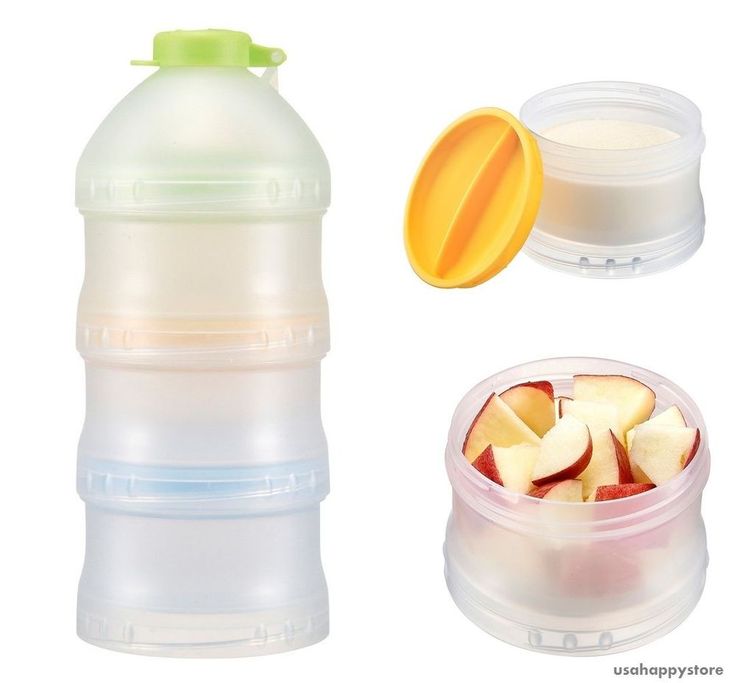
-
Fruit juices
Fruit juices are present in almost all baby food lines, and fruit juice appears in the recommendations for the introduction of complementary foods without fail. It's just one thing when a drink is given to a child on a schedule and in strictly regulated quantities, and quite another when juice is perceived as a delicious substitute for water. nine0005
Fruit juice is a complete meal for a child. It contains much more sugar than several fruits at once.
Experts are increasingly advising to abandon the introduction of fruit juices and juice-containing drinks into the diet of children under one year old in favor of ordinary water.
The American Academy of Pediatrics, based on research, made a recommendation to avoid fruit juices in the diet of children under one year old. It is believed that their use provokes indigestion, and is also often the cause of overeating or, conversely, malnutrition. nine0005
-
Egg white
Eggs are one of the strongest allergens. Therefore, only egg yolk appears in the recommendations for complementary foods, but there is no protein. It is he who provokes an undesirable reaction. And often it can be cumulative. This means that nothing will happen to the child from 1-2 omelettes, and when the dish is eaten for the third or fourth time, the baby will give out an allergy that can develop into food intolerance.
These products contain gluten. Now more and more children are allergic to this protein, and therefore it is better not to risk it and wait until the child's immune system gets stronger and the body learns to produce enzymes that allow the processing of gluten.
-
Sweets
Chocolate, marmalade, lollipops, sweets - all this is associated with childhood. In fact, such a stereotype is created by adults.
Children crave sweets because nature intended them to, but they don't know the taste of chocolate or marshmallow. For them, fruits and berries, some types of vegetables are a delicacy. And the later they get acquainted with industrial sweets, most of which contain not only an excess of sugar, but also a number of preservatives and dyes, the better. nine0005
Separately, it is worth mentioning products that cause suffocation. All small and round fruits, berries, nuts should definitely be cut in half, and these are:
You can find recommendations to limit the child's consumption of hard vegetables and fruits (apple, carrot), as well as meat pieces, since they are easy to choke on. But here it is rather worth talking about the safety of consumption.
So, to introduce your baby to fruits and vegetables with a firm and dense structure, you can use a nibbler. The device allows the child to suck on the product with his gums until his teeth have grown. And the meat can always be cut into small pieces or mashed. nine0005
Separately, it is worth mentioning foods that, in principle, should not be in the diet of a child until at least 7 years old, and even up to a year and even more so:
-
raw, salted or lightly salted fish and meat;
-
raw smoked sausage;
-
caviar;
-
raw seafood;
-
game;
-
village or farm raw fermented milk products;
-
mushrooms.

What can be done?
Make a list of undesirable foods and hang them on the refrigerator so that the older generation of relatives knows what not to treat the baby to.
What else did we talk about baby food:
-
5 cases when a child needs help to change eating behavior in Pyaterochka, do not go to a special store for them
When did you start introducing new products to your child? Write in the comments!
10 Breastfeeding Recipes: Delicious Nutrition for Breastfeeding Newborns by Nutrilak
09/23/2019 295968 nine0005
Content:
- Power Features
- How many calories does a breastfeeding mother need
- Feeding and medicines
- Recipes for nursing mothers
- Terminals
A breastfeeding mother should eat well.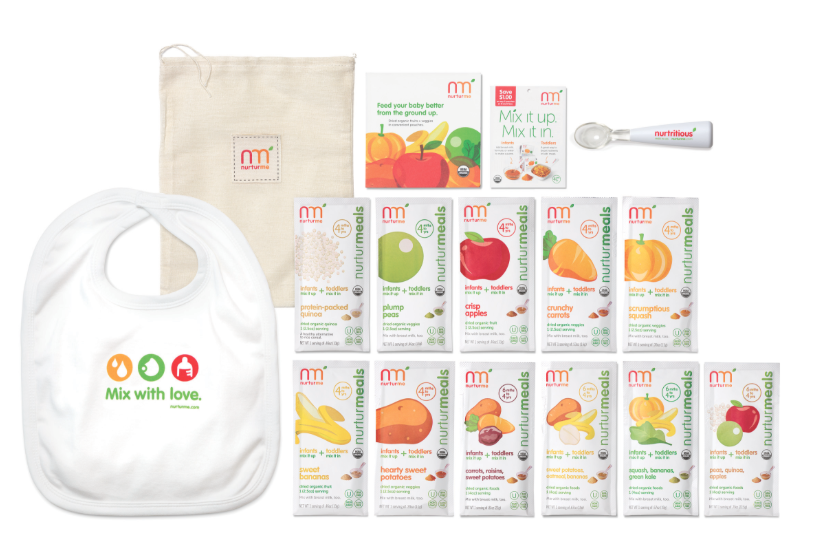 Moreover, it is important to obtain a balanced complex of vitamins, fats and carbohydrates. There are also some restrictions that should be considered when compiling the menu. We have selected several recipes that will be a good help in organizing the right, complete, and most importantly, delicious food. nine0005
Moreover, it is important to obtain a balanced complex of vitamins, fats and carbohydrates. There are also some restrictions that should be considered when compiling the menu. We have selected several recipes that will be a good help in organizing the right, complete, and most importantly, delicious food. nine0005
Power Features
This is important!
The vast majority of experts agree that a nursing mother does not need special diets. The best remedy for lactation, well-being and healthy sleep is a balanced healthy diet.
It will help in the accumulation of the necessary forces and maintaining health. “The main requirement for nutrition is the inclusion of a variety of foods and dishes with a sufficient content of proteins, fats, carbohydrates, vitamins, minerals and other biologically active compounds”*. Lean meats and fish should be introduced into the diet, dairy products, vegetables and fruits, and cereals should be regularly consumed. However, there are a number of restrictions that should be taken into account in order not to cause discomfort to yourself and the baby.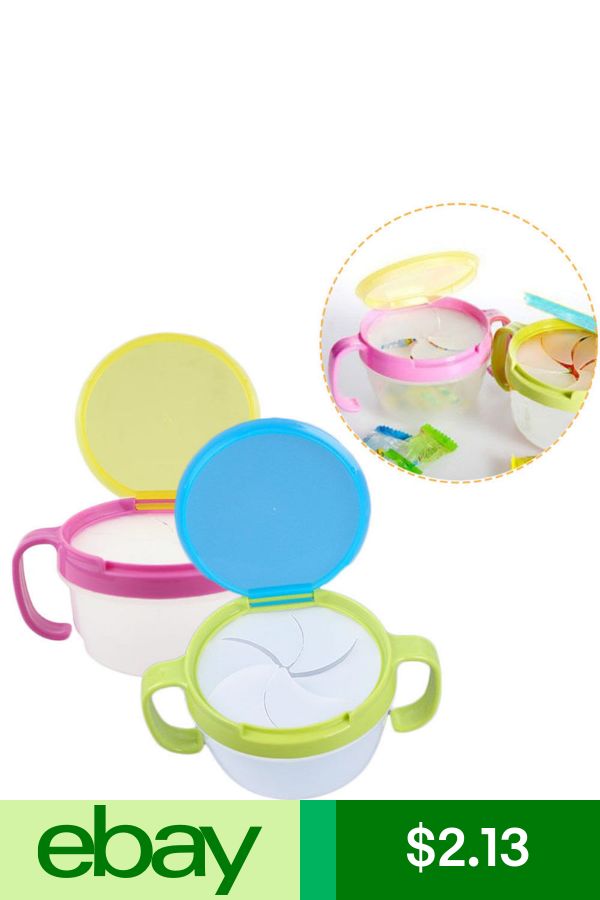 First of all, from the diet should be excluded or minimized: nine0005
First of all, from the diet should be excluded or minimized: nine0005
- strong tea and coffee. It is better to replace them with herbal decoctions, compotes;
- fast food. Also, do not abuse sweet sparkling waters;
- spicy and fatty foods. It can cause discomfort not only for the mother, but also for the baby;
- chocolate and alcohol. They are strong allergens.
How many calories does a breastfeeding mother need
During the period of breastfeeding, a woman needs additional calories. The body needs no more than 500–600 kcal to produce milk. The norms of the physiological need for basic nutrients and energy for nursing mothers in comparison with women of childbearing age are shown in the table. nine0005
| Energy and nutrients | Basic need of a woman aged 18-29 | in the first 6 months. lactation | after 6 months |
|---|---|---|---|
| Energy, kcal | 2200 | 500 | 450 nine0222 |
| Proteins / including animal origin | 66/36 | 40/26 | 30/20 |
| Fats, g | 73 | fifteen | fifteen |
| Carbohydrates, g | 318 nine0222 | 40 | 40 |
But this does not mean that you should start to lean on food. First of all, the mother's body takes additional calories from the surplus accumulated during pregnancy, and only secondly from the incoming food.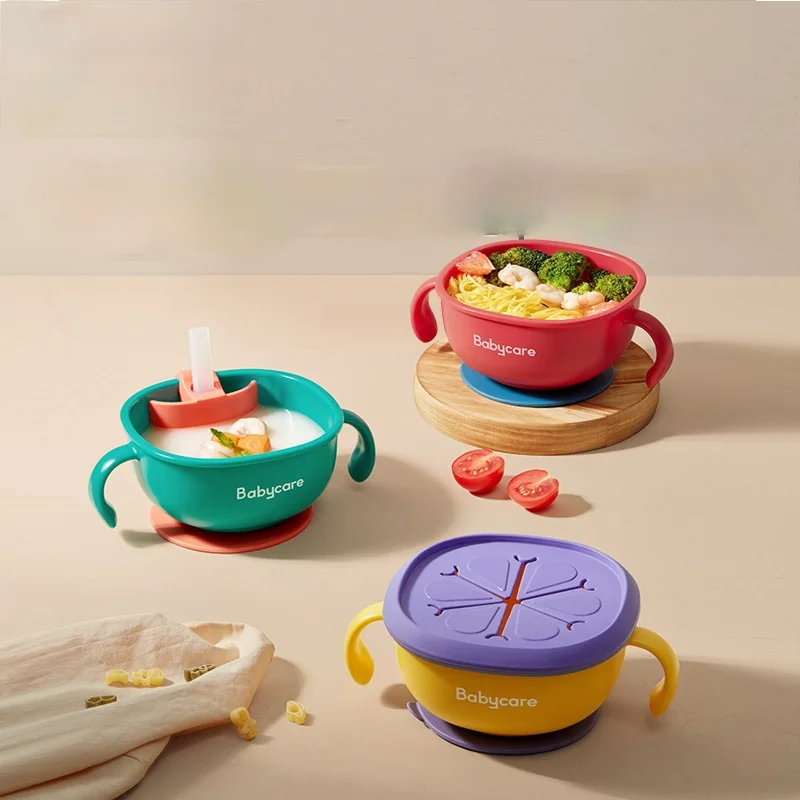 This allows you to lose weight without arranging fasting days or without going on a strict diet.
This allows you to lose weight without arranging fasting days or without going on a strict diet.
Feeding and medicines
nine0004 It is important for a mother with HB to carefully monitor the intake of medicines. There is a theory that antibiotics can cause colic in a newborn. For mild ailments, it is better to turn to traditional medicine: drink vitamin drinks, raspberry teas, jelly, fruit drinks. “Pills should be used as a last resort, for example, at high temperatures (above 38 ° C).” But it will not be superfluous to choose good vitamin and mineral complexes that will contribute to the intake of useful substances into the mother's body: nucleotides, fatty acids, amino acids, etc. nine0005Recipes for nursing mothers
As already noted, the diet of a nursing woman should be healthy, nutritious and varied. We offer 10 recipes that will allow you to create a menu for the whole day. You can choose dishes for breakfast, lunch, dinner or for a light snack.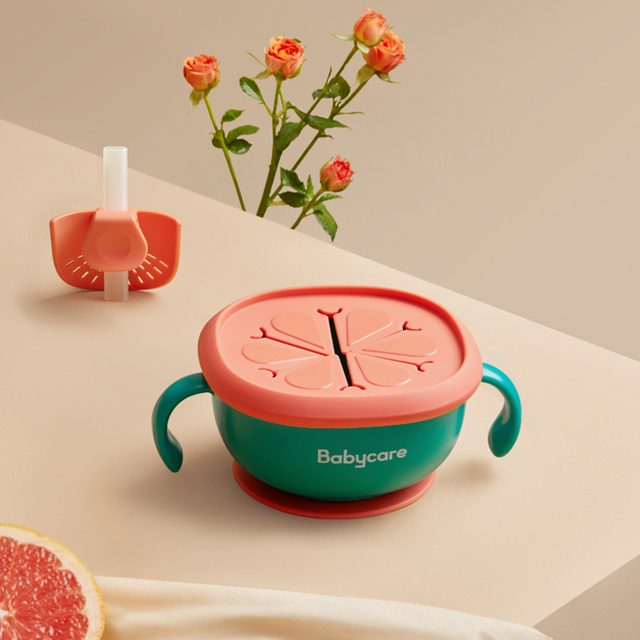
Lazy dumplings
For cooking, you will need about 0.5 kg of low-fat cottage cheese, an egg (if you are afraid of allergens, it is better to take 2 quail), 2 tbsp. spoons of flour, 4 tbsp. l. semolina and some sugar. From all the products, prepare the dough and roll it into thin sausages. Cut them into pieces: poleshki, rhombuses. Ready dumplings are carefully placed in boiling water for 2-3 minutes. (before floating). After that, they are removed with a slotted spoon on a plate. Some pieces can be frozen. nine0005
Curd
2 tbsp. l. semolina pour 100 ml of milk and let it brew (so that the cereal swells). Add a pack (200–250 g) of low-fat cottage cheese and 2 eggs to the finished mixture. Dried fruits or a little sugar are suitable as a sweetener. Mix all the ingredients thoroughly and place the mixture in a heat-resistant dish (you can use silicone molds). Bake in the oven at a temperature of 180-200 ° C for 30-40 minutes.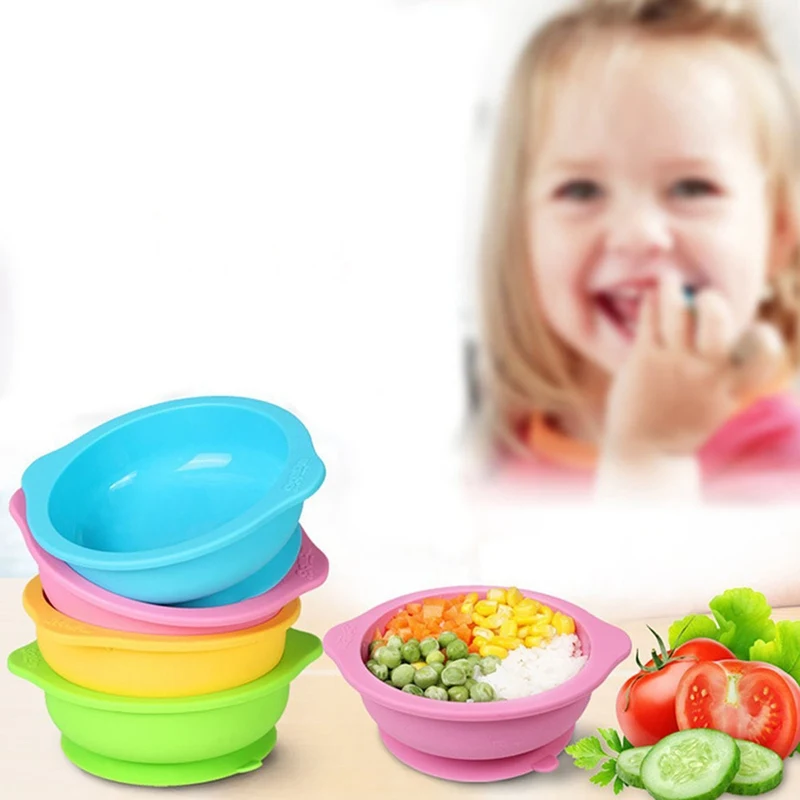 Allow to cool and a healthy afternoon snack is ready! nine0005
Allow to cool and a healthy afternoon snack is ready! nine0005
Cheese pancakes
For cooking, you need 6 tbsp. l. flour (it is better to use whole grain), 100 g of cheese (grate), chopped dill, 2 cups of kefir (you should take fat-free), 2 eggs, a pinch of salt and baking powder. Mix the products and bring the dough to a pancake state with hot water. Bake like regular pancakes.
Oat pancakes with apples
nine0004 There are several options for preparing this delicious and simple dish. A glass of oatmeal is poured with a glass of low-fat kefir and left for several hours (you can overnight). You can use hot water to speed up the process. In this case, steaming takes no more than 5-10 minutes. At this time, an apple is rubbed on a coarse grater (if the fruits are small, you can take two). An egg is also added to a bowl of oatmeal, 3 tbsp. l. flour, sugar (to taste) and a teaspoon of baking powder. You can use cinnamon if you wish. The dough is well mixed and spread with a spoon on a heated frying pan. Pancakes are fried for 2-3 minutes. from each side. nine0005
The dough is well mixed and spread with a spoon on a heated frying pan. Pancakes are fried for 2-3 minutes. from each side. nine0005 Broccoli muffins
200 g of cabbage boil and chop. Beat 4 eggs and half a glass (100 ml) of milk. Combine the components and add 4-5 tbsp. l. whole wheat flour, baking powder, salt. You can add chopped dill if you like. Mix the dough well and divide into molds. Bake in the oven at a temperature of 170-180 ° C for 20 minutes (until golden brown).
Vegetable Cream Soup nine0005
You can use any of your favorite vegetables for cooking. Traditionally, potatoes, cauliflower, onions and carrots are used. Chopped vegetables are placed in vegetable broth and boiled until tender. The soup is pureed with a blender to obtain a homogeneous mass. Greens and crackers are used for decoration.
Buckwheat casserole
Pre-cooked buckwheat groats and chicken meat stewed with onions and yogurt are laid out in layers in a greased heat-resistant form (it is better to use fillets).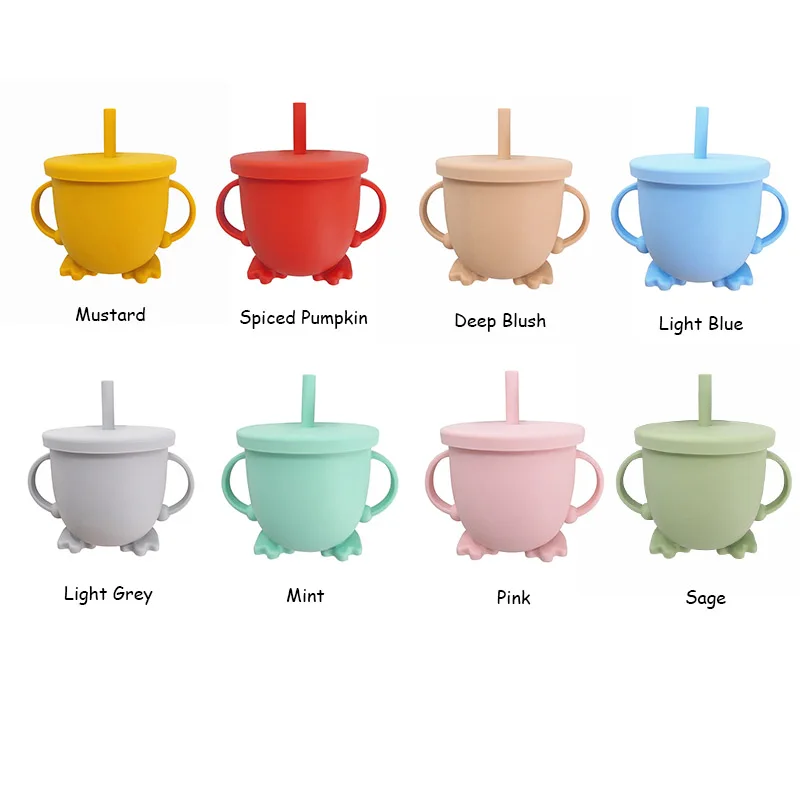 Layers are poured with a mixture of beaten eggs with yogurt. The dish is sprinkled with grated cheese on top. The form is placed in a preheated oven for 30-40 minutes. nine0005
Layers are poured with a mixture of beaten eggs with yogurt. The dish is sprinkled with grated cheese on top. The form is placed in a preheated oven for 30-40 minutes. nine0005
Chicken nuggets
Washed chicken fillet should be passed through a meat grinder or chopped in a blender. Add chopped onion and dill to the prepared minced meat, salt a little. Roll the mixture into balls, dip in beaten egg, and then in breadcrumbs. Bake the nuggets in the oven at 200°C for 30 minutes.
Healthy cutlets
Grind oatmeal in a blender. Combine them with minced turkey and grated zucchini. Add egg and dill. Mix thoroughly and shape into patties. They can be baked in the oven or steamed. nine0005
Veal kebab with cheese
For this dish, minced beef is used. Grated cheese, parsley, dill and cilantro (if it was previously included in the diet) are added to it. Thoroughly mix the minced meat and form sausages from it.